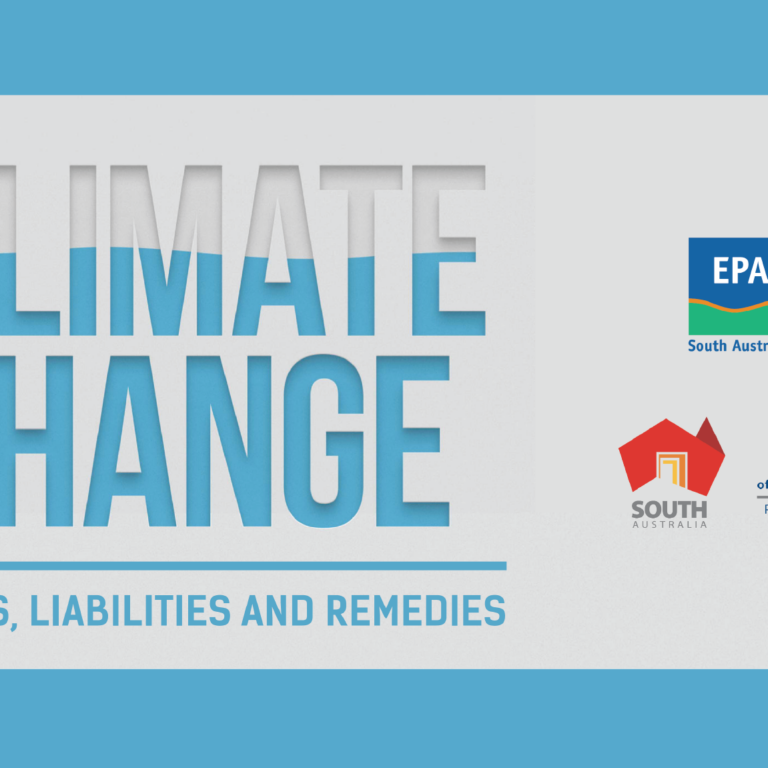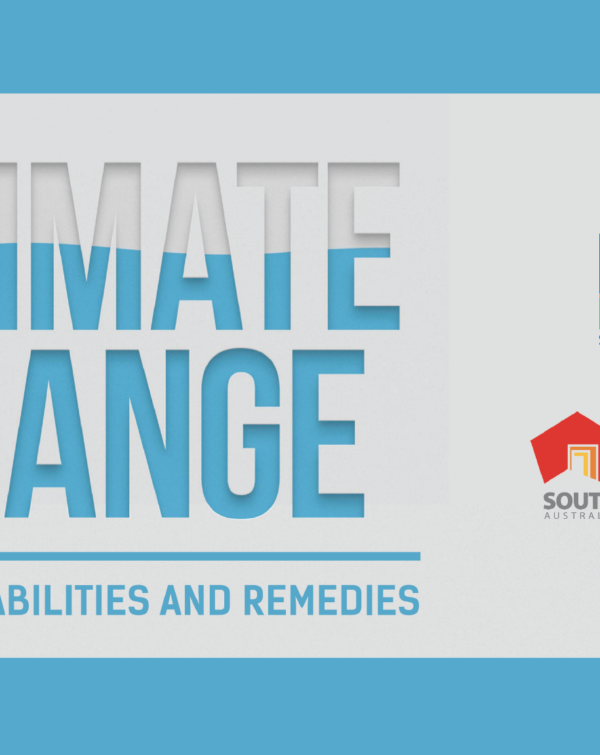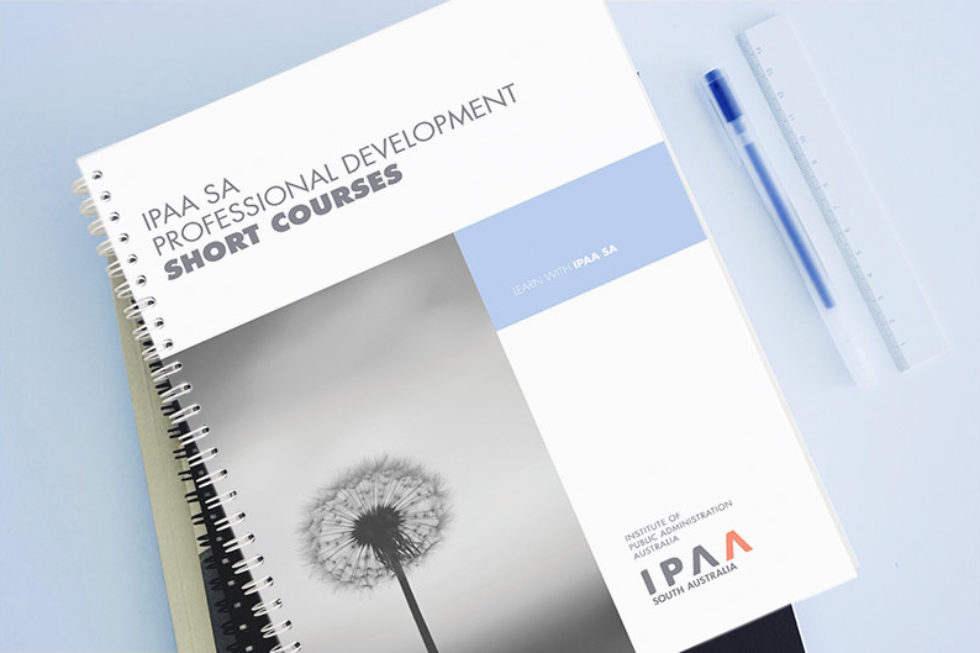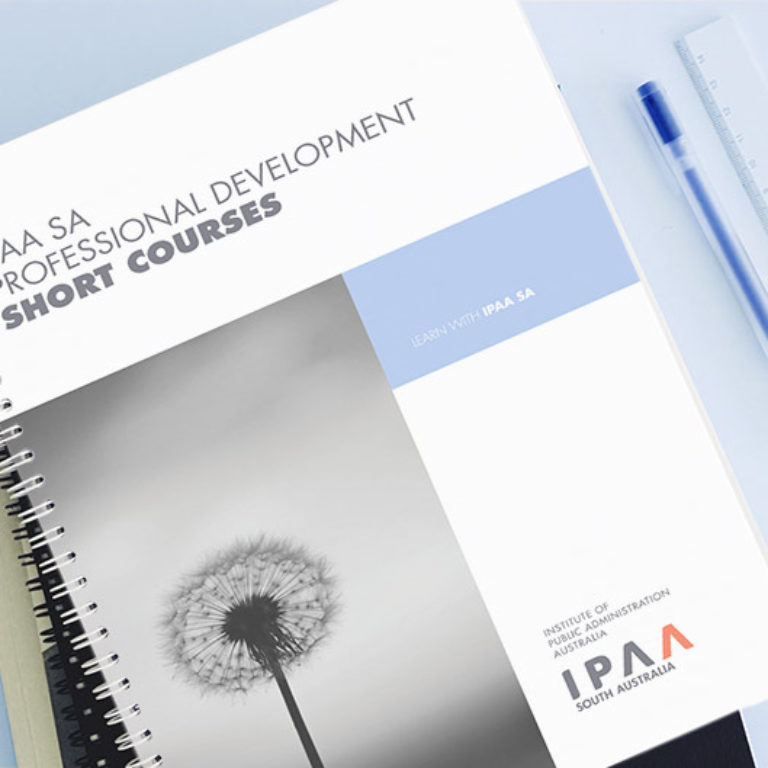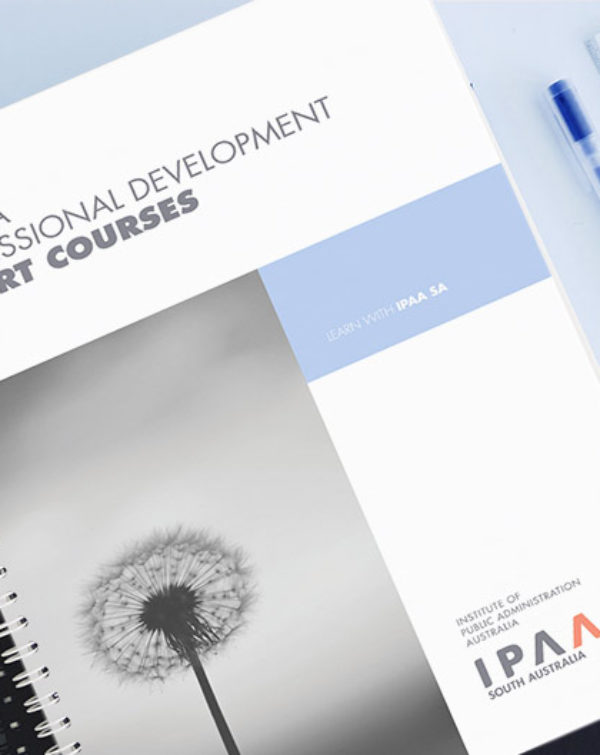Disability Inclusion: Accessible Events
Learn practical strategies to create accessible, inclusive events that support full participation for older adults, families, CALD communities, and people with disability and their support network
Have you thought about your career goals for this year and beyond and how you will take advantage of every opportunity? Studies from Harvard Business School have shown that people who set goals are 10 times more likely to be successful! It can seem challenging to stick to your goals throughout a busy year, however, there are some simple steps and tools you can put in place to help yourself achieve these….
Set SMART Goals
In order to achieve your goals, you may need to make a shift to your thinking around them. As a rule, you should always make your goals SMART. Though you have probably long heard of this popular goal setting acronym (illustrated below) you cannot argue with its clear-cut methodology. If you are setting a goal, you need to make it Specific, Measurable, Attainable, Realistic and Timely (SMART). By fitting your goals within the SMART framework, you will become more likely to follow through on them.
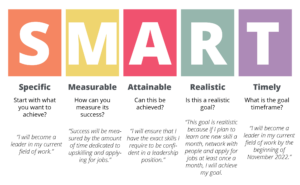
The BIG picture
Studies have shown that if you train your brain to think about what you want in life and then take actions to achieve it, this will form part of your identity. As explained by Positive Psychology, effective goals are based on values and ethics, because if you are not aligned with your goals and they do not resonate with your core principles you are likely not to achieve them.
It is about understanding your strengths, weaknesses, likes, dislikes, and core values, and working with them. If knowing yourself is the first step in reaching your goals, then the next step is thinking on the macro level and setting yourself a goal around the type of person you want to be. If your goal this year for example, is to become a team leader or manager then you need to step back and consider why do you want this? What is the goal behind the goal? For some this might be linked to the goal of being able to inspire people, for others it might be that they want to be the kind of person who others approach for knowledge.
Once you can identify your macro goal you will find it much easier to see where your other goals fit within this and to create a plan moving forward to achieve these.
The power of sharing your goals
Aside from actually being able to identify your goals (both big and small) you NEED to give priority to your goals – and for some of us this can be challenging. It is one thing to say in your head that you will become a team leader by this time next year, but another entirely to actually take the steps to achieve it – this requires accountability, both to yourself and ideally, to someone else. That’s right, your goals do not need to be a secret, be proud and passionate about what you want to achieve and let someone you know and trust in on them. Not only will this help you determine if your goals are achievable, but you will also have someone else who you are accountable to for your progress (or lack of progress) on meeting your goals – not to mention someone to cheer you on. If you do not have anyone who you can share with, you can also give yourself a sense of accountability by writing down your goals and keeping them in a place that you see frequently (a sticky note on your bathroom mirror, a daily calendar reminder…).
Remember, a person who is goal orientated is more likely to have a “positive approach towards life and perceive failures as temporary setbacks, rather than personal shortcomings” and in today’s world isn’t that something we all need?
Ready to take your goal setting a step further?
Becoming a Personal Member of IPAA SA will support you at every stage of your career journey. We are currently offering our new Goal Setting Starter Pack for free to all our Personal Members. This digital guide and workbook is a vital tool you can use to explore, plan and track your goals this year and beyond.
To become a member or explore the full range of membership benefits please visit here.
Schrader, J 2018, ‘Why New Year’s Resolutions Fail’, Psychology Today, viewed 12 January 2022, <https://www.psychologytoday.com/au/blog/modern-mentality/201812/why-new-years-resolutions-fail>.
Chowdhury, MR 2021, ‘The Science & Psychology Of Goal-Setting 101’, Positive Psychology, viewed 12 January 2022, <https://positivepsychology.com/goal-setting-psychology/>.
Peterson, J 2018 ’12 Rules for Life: An Antidote to Chaos’. Available here: https://www.amazon.com.au/12-Rules-Life-Antidote-Chaos/dp/0345816021
New Tech Northwest, 2019, The Psychology of Writing Down Goals. Available here: https://www.newtechnorthwest.com/the-psychology-of-writing-down-goals/#:~:text=How%20about%20because%20a%20Harvard,than%20those%20without%20any%20goals.
Image Credit: Photo by S O C I A L . C U T on Unsplash



The Institute for Public Administration Australia (IPAA) has released its National Strategic Plan 2021-2025. Developed by IPAA’s National Council in consultation with IPAA’s eight Divisions, and designed by IPAA SA’s very own Marketing and Membership Coordinator, Kathryn Oosthuizen. The plan provides a framework to re-focus IPAA’s vision of:
This strategic plan provides a foundation to celebrate, reach out and work with others on excellence in public administration and public policy across Australia. It outlines four key objectives with relevant actions associated to them to ensure this plan is delivered effectively. These objectives include:
These objectives are underpinned by nine actions that the Chief Executive Officers and Executive Directors of the eight Divisions, and the National Executive Director have been tasked to implement. A key to the success of this plan is developing strategic partnerships which help support the signature events and new initiatives which will be implemented.
Monitoring, evaluation and reporting mechanisms have also been included in the strategy to measure ongoing successes and allow opportunity for refinement as required.
For more information about the plan, contact the IPAA National Office at info@ipaa.org.au. See the original IPAA National News article here.
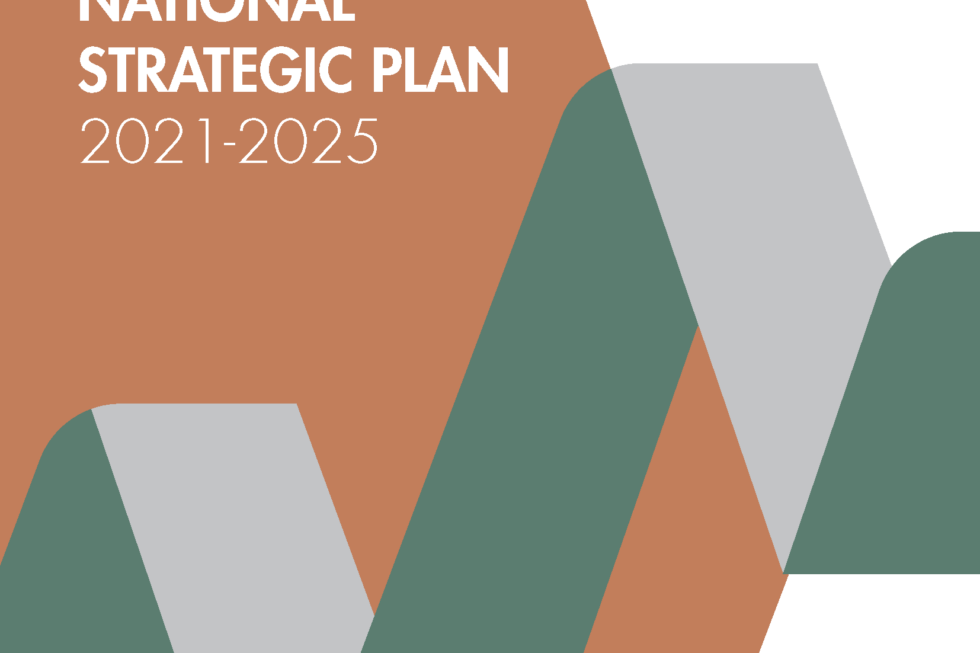
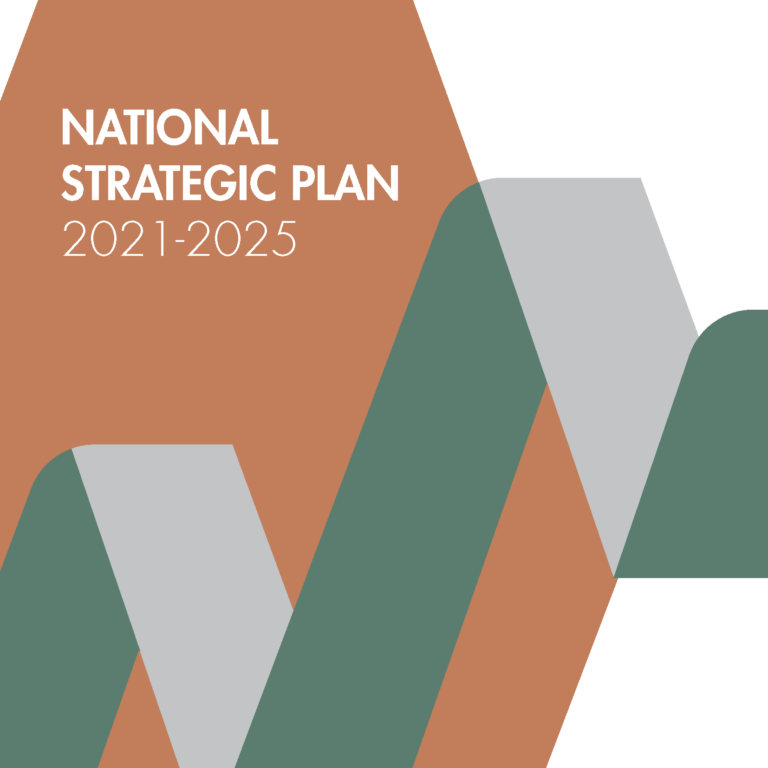
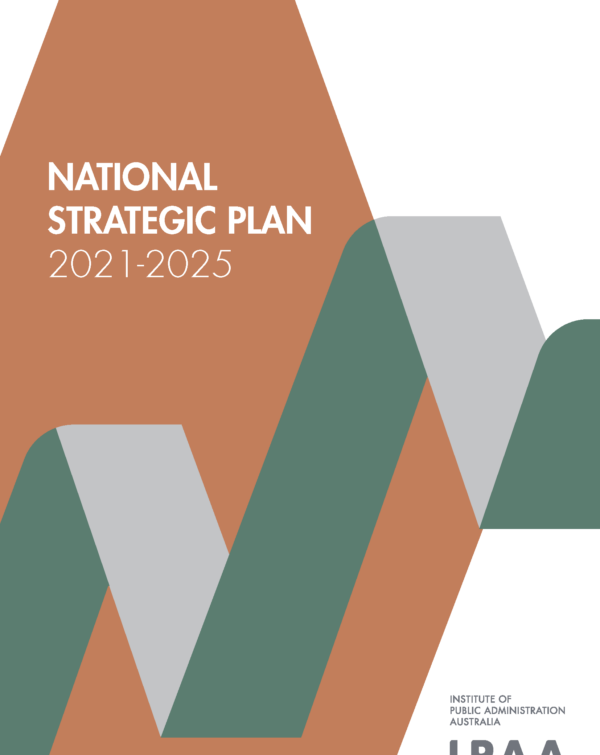
Looking for a podcast to get inspired, learn something new or to confirm that you are going in the right direction? IPAA have some public sector specific podcasts which feature some insightful conversations with local public service professionals.
#1 – IPAA ACT | Work With Purpose Podcast Series
This podcast series explores the important role of the Australian Public Service and their roles in supporting the Government’s response and recovery from the COVID-19 pandemic. Focusing on priorities for the future and key learnings /takeaways from leaders in the sector.
Available on the IPAA ACT website.
#2 – IPAA ACT | Integrity Series
The Integrity Series is a four-part podcast series produced in partnership between IPAA ACT and the Australian Public Service Commission (APSC). It explores the meaning of integrity and the importance of harnessing integrity as an APS craft to build a high performing and trusted public service.
Available on the IPAA ACT website.
#3 – IPAA VIC | Public Sector Perspectives
IPAA Victoria presents Public Sector Perspectives, a podcast featuring conversation with incredible people highlighting the interesting work in government and across the Victorian Public Sector.
Available on the IPAA ACT website.



The PwC Skilled Service Hub is Australia’s national onshore delivery centre based in Adelaide, it supports clients across Australia to solve their most important problems. Having already hired over 100 new staff since July, the Skilled Service Hub team is continuing to grow and they now have more job opportunities available. The Skilled Service Hub is already in operation across Cybersecurity and Cloud capabilities to help drive economic growth for the South Australian and national economy across a wide range of industries.
PwC is currently hiring 150+ roles through the PwC Australia Skilled Service Hub in the following teams:
Whether you are an intern / recent graduate, Associate, Senior Associate, Manager or Senior Manager there are a range of jobs currently available to grow and develop in the sector. If you know someone interested in a role in the above disciplines, then click the link to find out more information.
You can also read about the PwC Australia Skilled Service Hub launch in May 2021 here >





Find out more about the Skilled Service Hub and current job opportunities here.
Learn more
Our lives are becoming more entwined with, and dependent upon, digital technologies. These technologies are presenting exciting opportunities to improve our citizens’ quality of life, but there are also risks to individuals, society, trust in government and our democracy that need to be addressed.
To better understand how prepared the South Australian Public Sector is for these challenges, Flinders University is conducting a survey. The responses collected will be used to develop training to equip public servants with the knowledge, skills and mindsets needed to help South Australia thrive in the digital age. This is a vital piece of research that will help support our sector grow and develop, and with your input we can make a real difference in how we move forward into the future. Complete the survey here >
The survey takes about 10 minutes to complete and responses are confidential. It closes at midnight on 1 October 2021.
Once the survey is complete, you have the option to participate in a prize draw to win 1 of 3 Bunnings gift cards worth $40.
The survey is being undertaken by Flinders University and is part of a research project which investigates social cyber awareness in public sector leaders and if it improves through an education program. Full details of the research project (including confidentiality, privacy, use of the data and contact details for the research team) can be found here. The project has been approved by Flinders University’s Human Research Ethics Committee (Project Number: 4686).
If you have questions about the survey, please contact Tammy Joachin, Lead – Executive Education, Jeff Bleich Centre (Flinders University) on 0401002719 or tammy.joachin@flinders.edu.au






Flinder’s University Public Sector Readiness for the Digital Era Survey
Complete the SurveyThe Institute of Public Administration Australia is pleased to announce that funding has been awarded to three new public administration research projects.
The grants from the Public Administration Research Trust Fund — which IPAA manages in partnership with the University of Canberra’s Centre for Change Governance — will support research into the ethical application of artificial intelligence, the career pathways of Federal ministerial staff once they leave a minister’s office, and the capabilities associated with the implementation of social procurement.
Caroline Walsh, IPAA’s National Executive Director, said that the three research projects will deliver real-world insights for public servants and those involved in the wider public purpose sector.
“We are really pleased to be able to support these research projects into areas of public administration that are topical and important to the profession, not only now but into the future.”
Grants were awarded to:
Professor Darren Sinclair, Director of the Centre for Change Governance at the University, said that the partnership demonstrated the benefits of university collaboration with a member-based organisation like IPAA that promotes excellence and pride in public service across Australia.
“Public administration is undergoing a period of rapid transformation, with the advent of digitisation and big data, together with new and demanding challenges such as COVID-19, and the need to addresses integrity, diversity and inclusion.
It is more important than ever, therefore, for academics to provide research insights to practitioners — this can only happen with funding, which the IPAA has generously provided to three excellent projects”.
The research findings from these projects will be made available by IPAA and the University of Canberra in due course.
More information on the research fund is available from the Public Administration Research Trust Fund page on IPAA’s national website.
To see original article, visit the IPAA National website here.



Dr Alex Antic is a leader, consultant and advisor on analytics, data science and artificial intelligence, and will speak at the 2021 IPAA National Conference, Riding the Wave of Service Transformation, being held in Brisbane on 14–15 October 2021.
Alex has more then 18 years post-PhD experience and knowledge in areas that include advanced analytics, machine learning, artifical intelligence, mathematics, statistics and quantitative analysis, developed across multiple domains: Australian and State Government, Asset Management, Insurance, Academia, Banking (Investment and Retail) & Consulting.
In 2021 Alex was recognised as one of the Top 5 Analytics Leaders in Australian by the Institute of Analytics Professionals of Australia. He also holds several senior advisory roles across industry, government, start-ups and academia.
Alex has a PhD in Applied Mathematics, First Class Honours in Pure Mathematics, and a double-degree in Mathematics and Computer Science.
The 2021 IPAA National Conference will be delivered at Brisbane’s Hilton Hotel, with live stream tickets available for those unable to attend in person.
Early bird tickets are available until 31 August 2021. For tickets and more information, visit the 2021 IPAA National Conference website.
Original article from IPAA National Website.



In April 2021 IPAA SA were thrilled to be supporting the Environment Protection Authority (EPA) in the delivery of the 2021 EPA Board Summit on the topic of ‘Climate Change: Risks, Liabilities and Remedies’.
This online event was co-hosted with the EPA in collaboration with AiGroup, and was held over 2 sessions.
Growing our understanding of Climate Change and its impacts on our state is valuable and relevant to every South Australian state government department and organisation. This event presented some fascinating and insightful reports and presentations that are now accessible to the public.
This event also included the opportunity for Q&A with the above speakers and exploration of two case studies from AGL and City of Adelaide on how they are adapting to climate change.
You can access the full event resources and recordings here.

